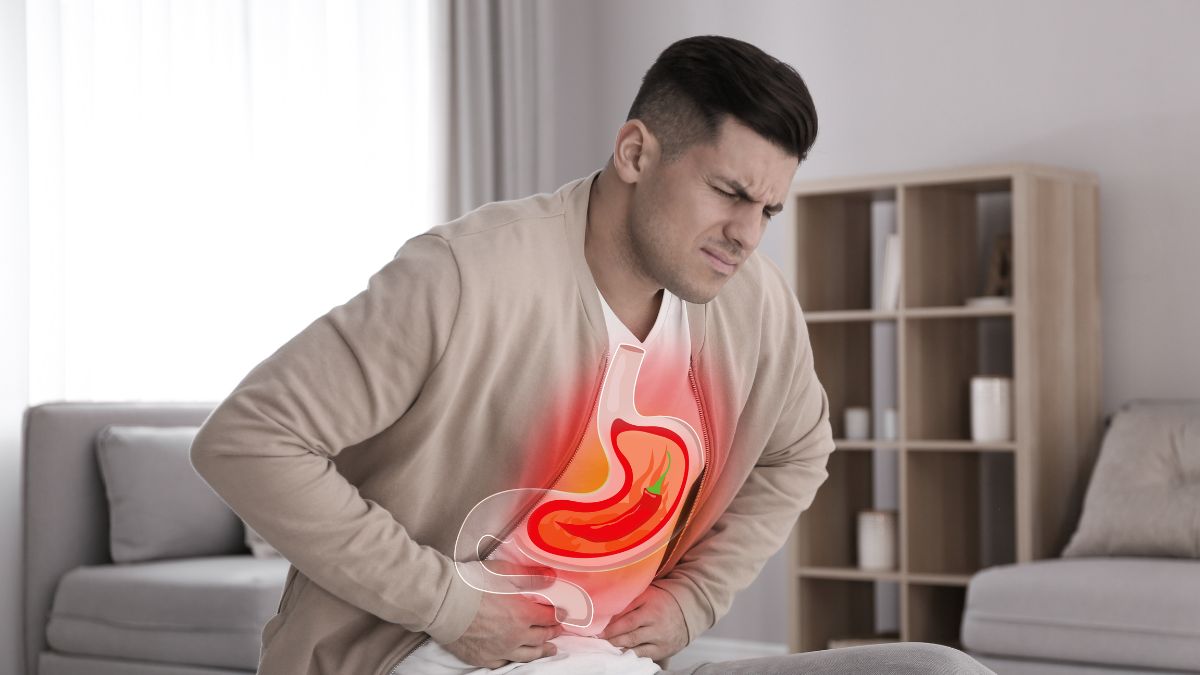- By Prerna Targhotra
- Tue, 19 Dec 2023 06:18 PM (IST)
- Source:JND
Digestive Problems In Winters: As the chilly months begin, our body undergoes numerous changes that can hinder the process of digestion. Are you someone who experiences digestion issues frequently in the winter months? The cold weather usually makes us more lethargic than usual and makes it incredibly difficult to get out of our beds. We compromise with healthy habits such as post-meal walks and regular physical exercise that may lead to an increase in digestion problems in the winter months.
In a conversation with Jagran English, Dr Santosh Enaganti, Senior Consultant Gastroenterologist & Hepatologist, Advanced Interventional Endoscopist, Yashoda Hospitals Hyderabad explained how and why digestion problems increase in winter months.
Watch the video below about tips to digest food fast:
According to Dr Enaganti, winter months can have colder days to very cold periods which can increase a variety of gastrointestinal problems, the most common problem will be constipation due to decreased fluid intake which can be more severe in patients of extreme age groups. Due to increased respiratory infections, people will end up taking more antibiotics, which tends to cause diarrhoea in 30% of people. Norovirus can cause gastroenteritis mainly during winter months, it can affect several people in the institutions, generally fatty food intake will be higher in the winter which leads to indigestion and acid reflux problems.
ALSO READ: Can Chia Seeds Help In Digestion? How Much Should You Consume In A Day? Know From Expert
Dr Enaganti added, “In Indian scenarios, there can be increased alcohol consumption due to festivities and functions leading to various alcohol-related diseases including flare-up of liver diseases. Colder weather also increases inflammatory bowel disease (IBD) related symptoms including arthritis.

Digestive Problems In Winter Months (Image Credits: Canva)
Ways To Deal With Digestive Problems
Several precautions can be taken to prevent these symptoms in the winter, mainly eating on time, adequate fluid and fibre intake, drinking in moderation, and avoiding fatty food at night time will reduce digestive symptoms, one should also avoid unnecessary over-the-counter antibiotics for simple cold and sore throat, which are generally due to viral infections. Inflammatory bowel disease patients need to keep up the appointment to adjust their medications, to prevent flare-ups.
ALSO READ: Can Eating Late At Night Lead To Obesity? Expert Weighs In
(Disclaimer: This article is for informational purposes only. It is not a substitute for professional advice, diagnosis or treatment.)

